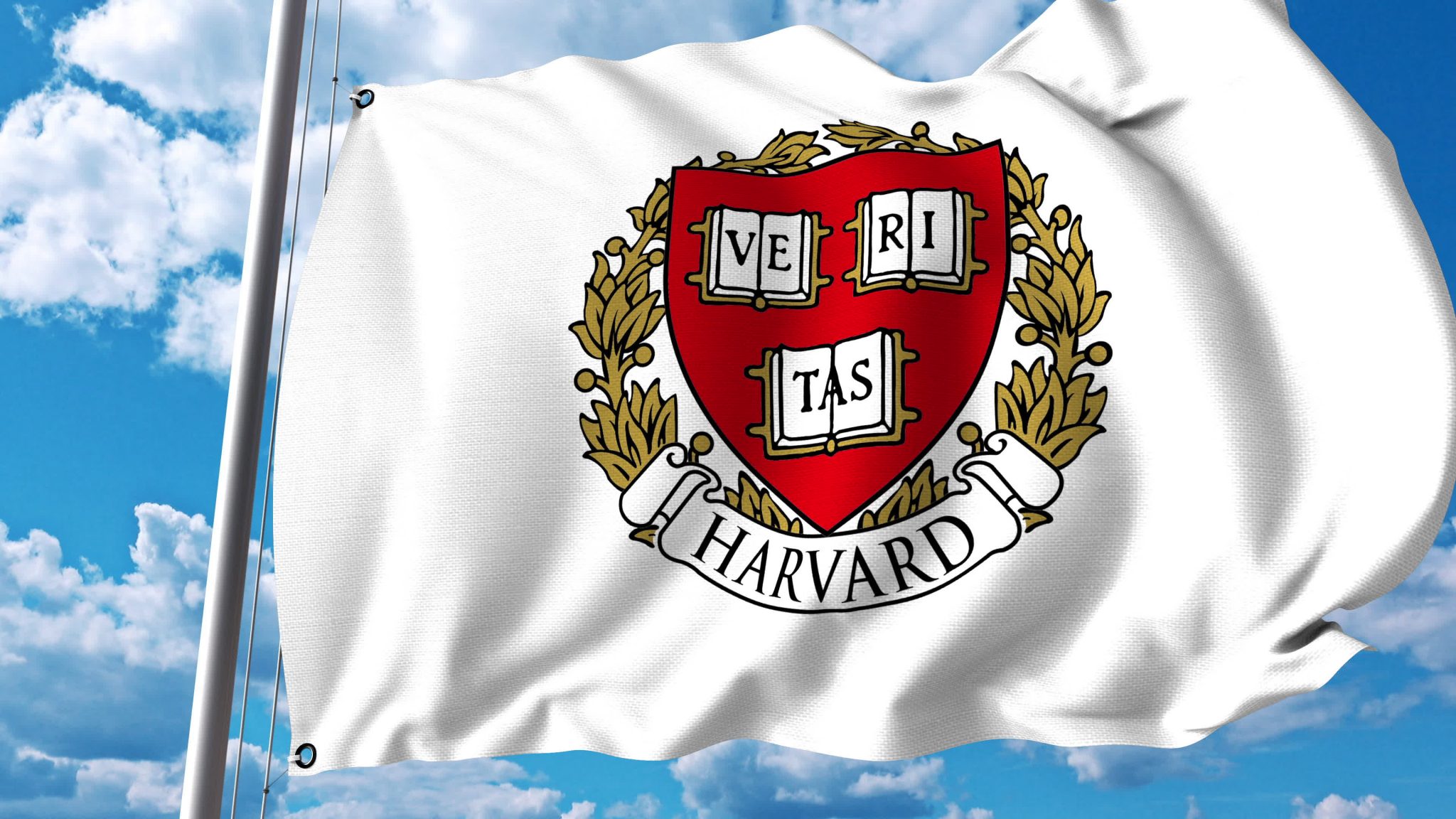
By now, it is clear to all observers that the most damaging material that Harvard has been forced to release in the lawsuit filed by Students For Fair Admissions is powerful evidence that Asian applicants, who score higher than applicants from other racial and ethnic groups on grades, test scores, and extracurricular activities, are graded lower on personal qualities such as “likability, courage, kindness, and being ‘widely respected.’”
The plaintiff’s Memorandum, in support of its motion to dismiss, summarized this evidence:
Asian-American applicants are significantly stronger than all other racial groups in academic performance. They also perform very well in non-academic categories and have higher extracurricular scores than any other racial group. Asian-American applicants (unsurprisingly, therefore) receive higher overall scores from alumni interviewers than all other racial groups. And they receive strong scores from teachers and guidance counselors’ scores that are nearly identical to white applicants (and higher than African-American and Hispanic applicants).
Yet Harvard’s admissions officials assign Asian Americans the lowest score of any racial group on the personal rating — a “subjective” assessment of such traits as whether the student has a “positive personality” and “others like to be around him or her,” has “character traits” such as “likability … helpfulness, courage, [and] kindness,” is an “attractive person to be with,” is “widely respected,” is a “good person,” and has good “human qualities.”
Peter Arcidiacono, the plaintiff’s expert, “found nothing in the data Harvard produced that could account for these low ratings for Asian-Americans.”
What makes this evidence especially damning is that the low personal ratings are purely subjective and assigned only by Harvard admissions officials. “Alumni interviewers give Asian-Americans personal ratings comparable to those of whites,” The New York Times reported in a long article. “But the admissions office gives them the worst scores of any racial group, often without even meeting them. [Emphasis added]
[Harvard’s Strip Tease About Wealth and Race]
Given the potentially explosive impact of this evidence, Harvard’s initial response to it seems surprisingly lame. “Harvard said that while admissions officers may not meet the applicants,” The Times reported, “they can judge their personal qualities based on factors like personal essays and letters of recommendation,” adding that “it was implausible that Harvard’s 40-member admissions committee, some of whom were Asian-Americans, would conclude that Asian-American applicants were less personable than other races.”
Since the evidence strongly appears to show that year after year Asian applicants to Harvard face higher barriers and a lower ceiling than applicants from other groups, you would think that Harvard would have a stronger response to the evidence showing that its admission office assigns Asians lower personal ratings.
Apparently, however, that is the best it can do, or at least that is the conclusion suggested by this just published interview with Bill Lee, the Asian American (no doubt a coincidence) intellectual property attorney who was Harvard’ s chief lawyer in the recently completed trial.
What about the fact that Asians get consistently low ratings from Harvard on personality? Doesn’t that suggest bias? The personal rating is based on the student’s essay, recommendation by the guidance counselor, other recommendations, alumni interview or staff interview and faculty review. The personal rating is based on input by a variety of people.
But doesn’t that low personality rating go to the stereotype that Asians are not outgoing or likable? Asians came out ahead in academics and extracurricular. And their score on personality was not that different from whites. I don‘t think the personal rating requires you to be outgoing. I don’ t know where that idea comes from. Just walk around Harvard Yard, and you’ll see students who are outgoing, and some who are quiet and contemplative — and that’s true for all ethnicities.
[Ending Anti-Asian Discrimination at Harvard: Plan B]
If Harvard admission officers can divine such personal qualities as “likability … helpfulness, courage, [and] kindness,” is an “attractive person to be with,” is “widely respected,” is a “good person,” and has good “human qualities” of students they have never met from student essays, guidance counselor recommendations, etc., then Harvard’s elaborate process is not “holistic”; it is holy.
What I find implausible is that progressives and even many others continue to believe that the emperor of Harvard’s “holistic” admissions is wearing any clothes at all.
The “holistic” emporer is NAKED!
Harvard gets the admissions office employees, who naturally fear losing their job, to do the dirty work. Hardly surprising.
All of academia does this — finds economically vulnerable people to exploit.
I was once forced to evict my friends because UMass Amherst didn’t want to have to bother to comply with the Massachusetts Lead Paint laws — instead of abating the paint (as required by law) they instead simply evicted the families with small children so (as there no longer were small children in residence) they didn’t have to worry about the lead paint….
I didn’t have the money to simply walk away, although I wish I could have — and they didn’t treat me any better when I became “inconvenient” to them. That’s what these admissions folk fail to understand — they are just expendable pawns being exploited